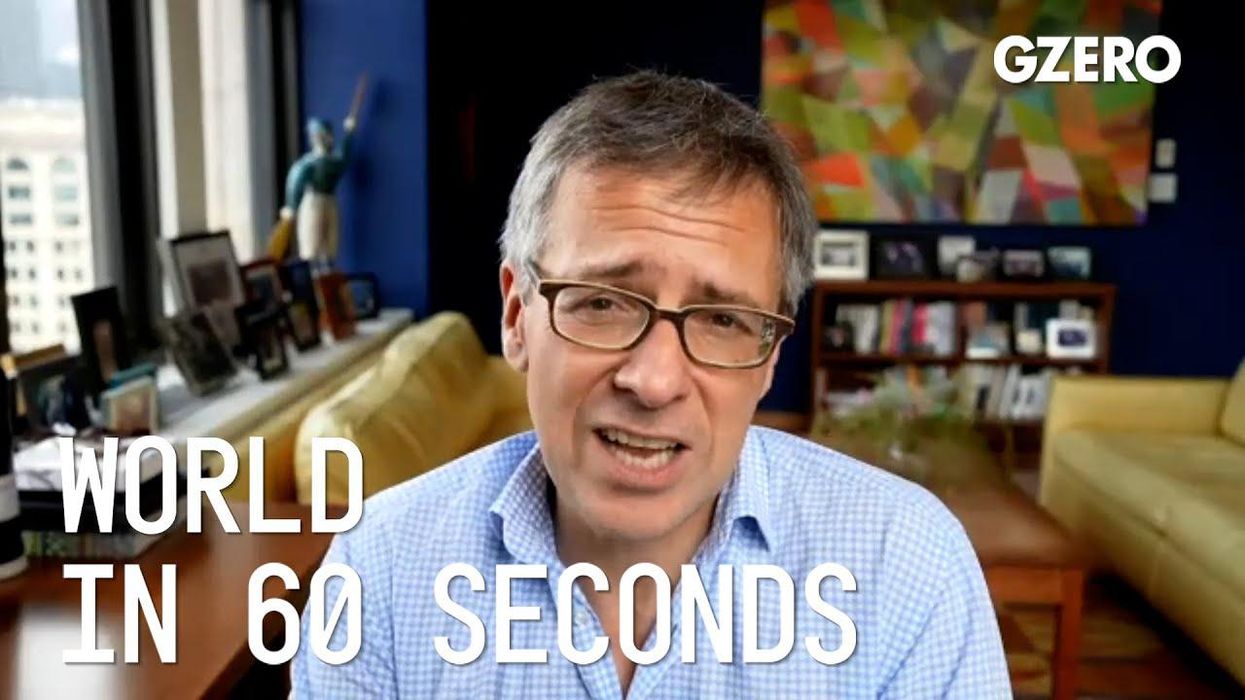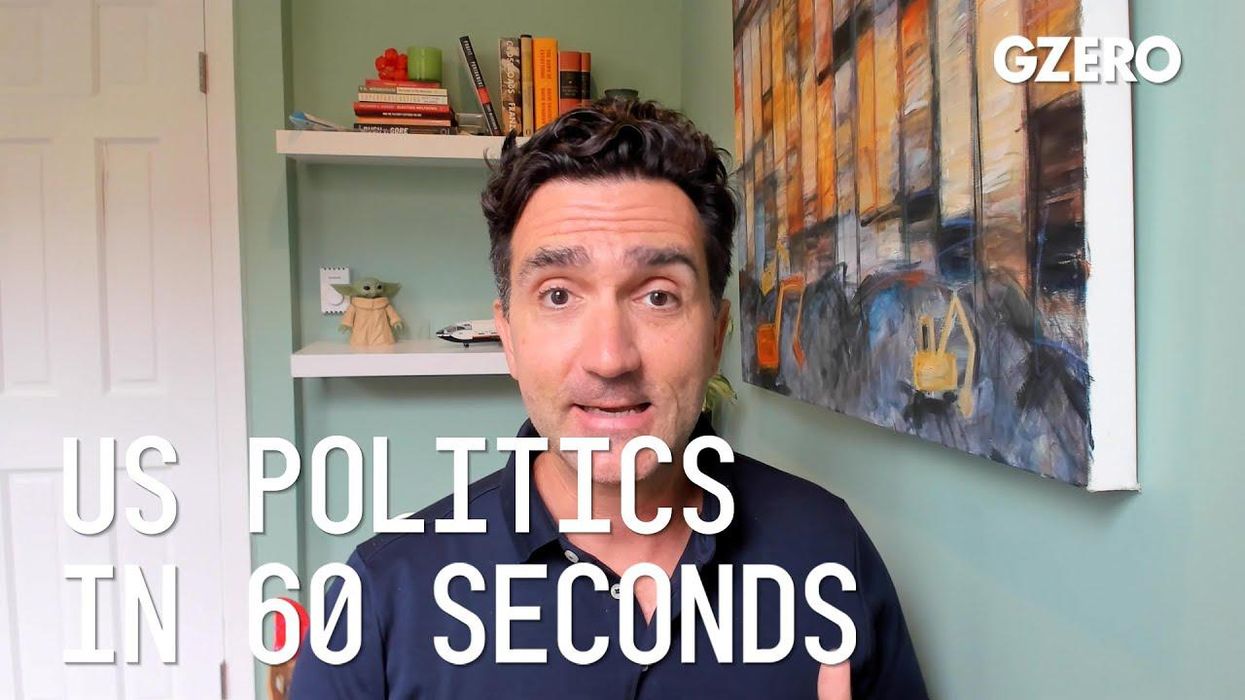ask ian
Boris Johnson is going to be out, one way or the other
Will Boris Johnson step down? With Beijing rolling out China's first vaccine mandate, how soon will China ease its lockdowns? Is the United States the only developed country struggling with mass shootings? Ian Bremmer shares his insights on global politics this week on World In :60.
Jul 06, 2022


